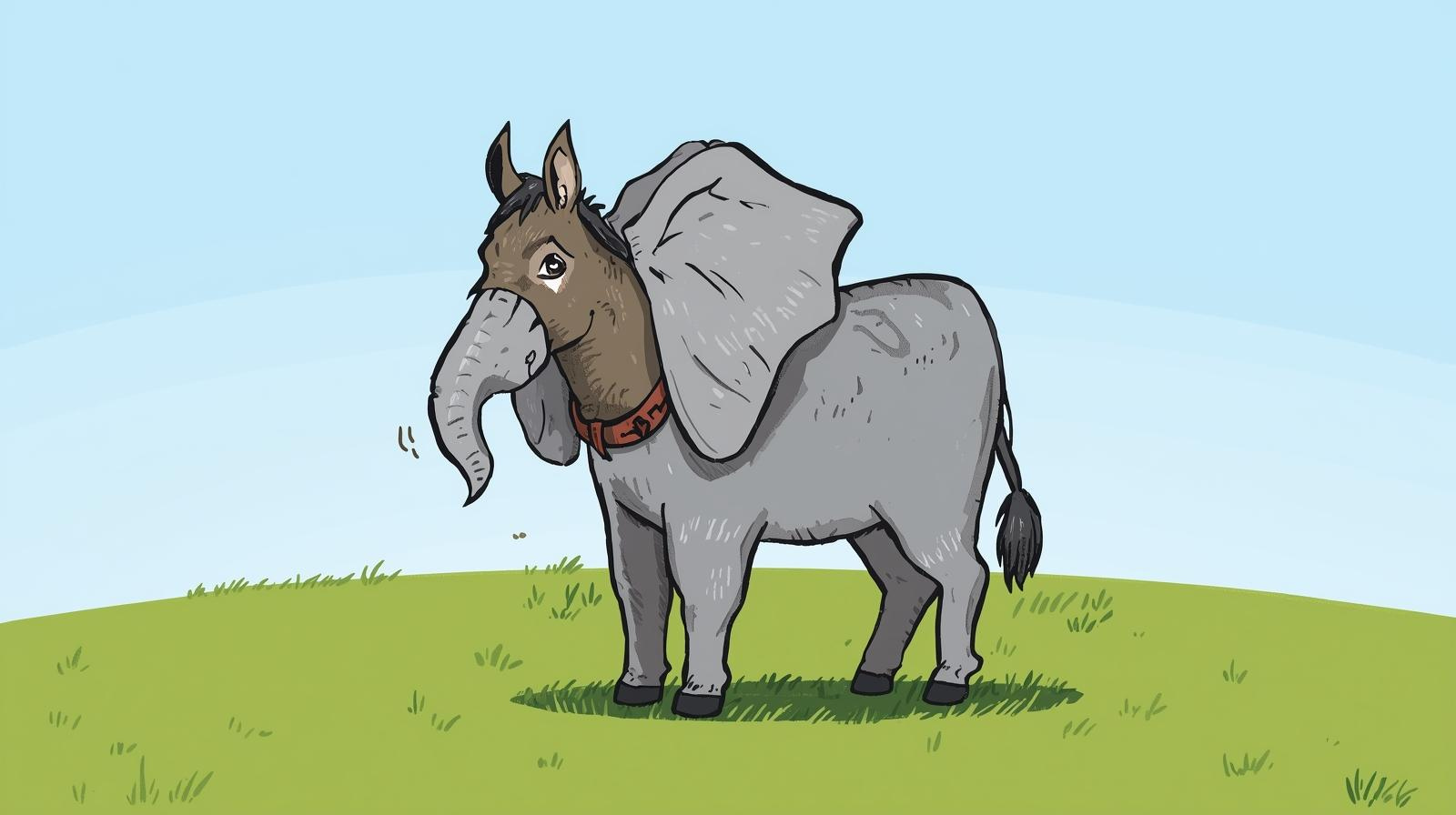Saturday's showdown for Utah Republican Party leadership could be described as pragmatism vs. ideological purity. Incumbent Rob Axson, a former Mike Lee staffer with ties to the Utah GOP mainstream, takes on challenger Phil Lyman, who is a fierce proponent of the caucus and convention system for selecting nominees.
Lyman — who enjoys fervent support from party delegates and overwhelmingly defeated Governor Spencer Cox at last year's convention — has spent months challenging the legitimacy of Cox's primary victory, targeting the signature-gathering path that bypassed delegate control.
It's instructive to examine a similar situation within the Utah GOP that took place not too long ago.
In 2017 and 2019, it was another Phil — Phill Wright — who tried to parlay popularity among the more stalwart party delegates into a successful bid to lead the state organization.
Like Lyman, Wright was a party hardliner and vocal defender of the caucus system. He spearheaded the Utah GOP's legal fight against SB54, the 2014 law that created the signature gathering path to the ballot for candidates.
Like Lyman, Wright was a party hardliner and vocal defender of the caucus system. He spearheaded the Utah GOP's legal fight against SB54, the 2014 law that created the signature gathering path to the ballot for candidates.
Signature gathering by candidates is loathed by a large percentage of GOP delegates because it dilutes their power. Before SB54, a small group of party insiders usually picked the party's nominees at their convention. Creating an alternate path broadened the pool of candidates who appeared on the ballot by allowing them to bypass party delegates.
The years-long legal battle over SB54 ended in 2019 when the U.S. Supreme Court turned away the party's appeal of a lower court ruling. The effort nearly bankrupted the party with more than $400,000 in debt.
Despite his popularity among delegates, Wright was defeated in 2017 by Rob Anderson and in 2019 by Derek Brown.
While GOP delegates have tended to rally behind the most conservative candidates, they have been more utilitarian when choosing party leadership recently:
- In 2017 the party was floundering financially with unpaid bills and mounting costs from the legal fight against SB54. Delegates ousted incumbent James Evans in favor of Anderson.
- In 2019, after one tumultuous term as chair, which saw efforts by the more militant party factions to handcuff and even oust him from office, Anderson stepped aside. Delegates elected Derek Brown, another former Mike Lee staffer, to succeed Anderson. Brown stepped down after one term.
That utilitarianism does not mean they're pro-establishment, however. In 2021, GOP leaders, led by Cox, sent a letter to delegates on the eve of the convention endorsing a slate of candidates, led by then-Utah County GOP chairman Stuart Peay. That letter so enraged delegates they elected Carson Jorgensen to lead the party. Like his two predecessors, Jorgensen stepped down after just one term.
Axson has navigated his first term without antagonizing the party's base. He's earned the endorsements of President Donald Trump and Sen. Mike Lee, who are beloved by delegates — possibly even more so than Lyman.
There's another repeat of recent party history could play out on Saturday.
Republican delegates will consider a controversial change to the party constitution on Saturday that would kick signature-gathering candidates out of the party — something they've tried in the past that could trigger a showdown with state law.
In 2018, a faction of hardliners on the Utah GOP's state central committee dubbed the "Gang of 51" forced through a change to the party bylaws to expel signature gathering candidates in some races from the party. Then-chairman Rob Anderson infuriated ultraconservatives when he declared the bylaw illegal and rejected it. Utah law says any political party that nominates candidates through the caucus and convention must also allow for signature-gathering candidates.
Then-Lt. Gov. Spencer Cox, who oversaw Utah's elections, said he would ignore any attempts to revoke the party membership if the party had attempted to enforce the rule. Still, the bylaw remained on the books until 2021.
If the proposed constitution change on Saturday gets the required 2/3 vote from delegates to pass, it would put the party's internal rules directly at odds with state law. Such a move could force the state to bar candidates nominated at the convention from appearing on the ballot or lead to the decertification of the Utah GOP as a political party.
A final thing to watch on Saturday is the race for party secretary. Incumbent Stafford Palmieri faces Olivia Williams, who goes by the name Olivia Dawn, in a rematch from the 2023 convention when Williams was the incumbent.
Williams's mother is Teena Horlacher, a longtime GOP activist. In early 2023, Williams signed onto a document in which Horlacher attempted to put a $5 million lien on her own home. That document was filled with symbols and phrases common to the far-right anti-government Sovereign Citizen movement. The document was also signed by Jennifer Garner who unsuccessfully challenged Rep. Stuart Barlow for the GOP nomination in 2024.
Notably, Williams and Horlacher were on the grounds of the U.S. Capitol on Jan. 6, 2021 when pro-Trump protesters stormed the building. There's no evidence that either of them entered the building that day.





